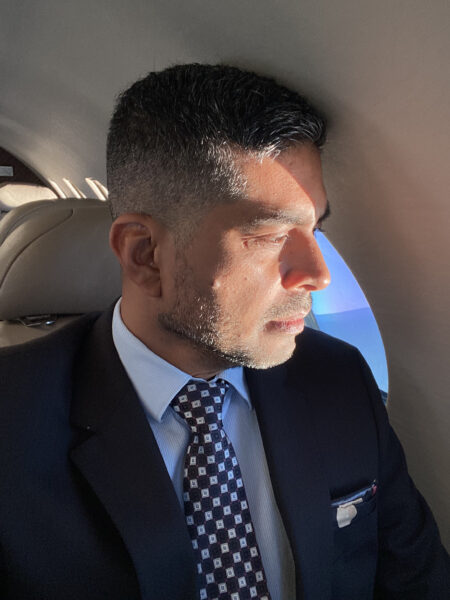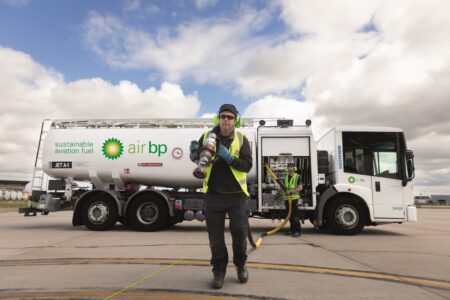Words by Kyle Patel, CEO of private jet company BitLux
It is no secret that you can track an aircraft. There are dozens of free flight trackers and you just need to know the jet’s tail number to accurately identify its route. Private jet owners understand that everyone with some knowledge in this industry knows the registration number of their aircraft, as well as companies that own business planes for their top executives.
But is there a financial gain to be had for those involved in the stock market by tracking the movements of private airplanes?
This assumption was tested by David Yermack, a finance professor at New York University’s Stern School of Business. His research, titled Tailspotting: Identifying and profiting from CEO vacation trips, demonstrates the correlation between top executive’s leisure travel and corporate news disclosures. His findings reveal that CEOs travel to their vacation properties just after companies report favorable news and return to base right before subsequent news releases. Furthermore, he states that volatility increases when CEOs return to work. Interesting, nonetheless. But is there enough substance here for investors to pull the trigger?
In 2019, Warren Buffet hit the news due to this specific topic. A flight tracking service identified a private jet in his hometown of Omaha owned by Occidental Petroleum. Speculation started regarding Buffet’s involvement in an energy deal. Days later this was confirmed by Buffett’s Berkshire Hathaway, announcing it would take a US$10 billion preferred share stake in Occidental Petroleum. This suggests that there is some value for those willing to profit from top executive private jet movements. But is this legal? Insider trading is clearly not. But does this qualify as such? We will leave that one for large corporate lawyers.
The same aircraft was spotted in The Hague, Netherlands. No, not to settle an international legal dispute, but supposedly to visit the headquarters of Royal Dutch Shell, which has a strategic alliance with Anadarko Petroleum, which Occidental Petroleum is trying to buy, alongside the contribution of Buffet. Deal or no deal, our focus here is the path of the aircraft, which helps to connect the dots of a potential mega financial acquisition. Where will it go next? Log on to your preferred tracking software to find out.
Results from Yermack’s research support that the study of the flight movements of company aircraft could give some insights for trading strategies. Although Buffet’s share stake in Occidental Petroleum is dependent on other moving parts to succeeding, finding out that some type of deal was taking place during the weekend before the stock market opens thanks to tracking a private jet in Omaha (and actually knowing who that aircraft belongs to), can be enough to gamble and trade on this information. Maybe someone is going to get rich thanks to some savvy planespotting skills.
On-demand charter tracking
At BitLuxa private jet services provider based at Palm Beach, we have been asked if regular on-demand charter flights can be tracked. Simples answer is yes, the same way you can track a commercial flight. But there’s an aspect that favors brokers from operators or private owners; since we source from a very large pool of aircraft worldwide, if your flight generates interest in your industry, it will be hard to determine on which plane you’re flying. There is even a large chance that the aircraft you will use to return home will be different.
In the case of operators, private owners or companies who have a handful of jets, they have a fixed fleet of planes thus making it easier to determine their movement and therefore opening the door for those seeking to engage in this financial speculation. Truth is that people fly private for its high levels of discretion, within other known traits as the flexibility and comfort. You should rest assured if you are a frequent executive passenger not named Mark Cuban, Elon Musk, Bill Gates, or Warren Buffet; your future travel itineraries will probably remain secret.





